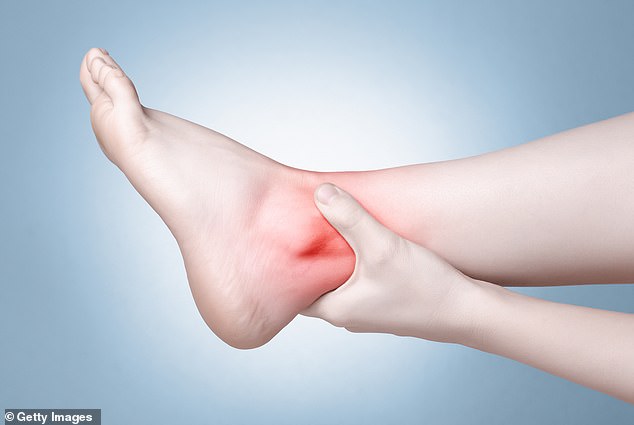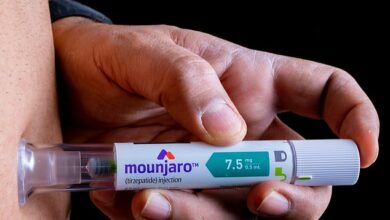How brushing your teeth can reduce your risk of developing rheumatoid arthritis



A study shows that brushing your teeth can reduce the risk of developing rheumatoid arthritis.
Scientists have discovered a bacteria commonly found in the mouth that can cause the painful joint condition.
A study from the University of Leeds found that people who developed arthritis in the months before diagnosis were more likely to have high levels of this bacteria in their gut.
Experts say the findings could help doctors prevent arthritis in the first place. This could include, for example, prescribing thorough tooth brushing or a probiotic – a daily tablet containing ‘good’ bacteria.
Rheumatoid arthritis affects more than half a million people in Britain and is a chronic disease that causes swelling, pain and stiffness in the joints as the immune system mistakenly attacks the body’s healthy cells.
Although there are a number of effective treatments to manage the symptoms of arthritis, there is no cure.
In the study, researchers followed 19 patients who were considered to be at high risk of developing the condition.

Scientists have discovered a bacteria commonly found in the mouth that can cause the painful joint condition. Pictured: file photo

A study from the University of Leeds found that people who developed arthritis in the months before diagnosis were more likely to have high levels of this bacteria in their gut. Pictured: file photo
Only five were diagnosed during the study, but those who developed the condition were significantly more likely to have significant amounts of prevotella in their gut – a bacteria usually found in the mouth.
Research shows that many cases of arthritis are due to the ‘leaky gut’ theory, where harmful bacteria leave the stomach and enter the bloodstream, activating the immune system.
Experts will now investigate ways to reduce prevotella levels in these high-risk patients. Solutions include eating a high-fiber diet, which research suggests reduces bacteria levels.
‘With no known cure, at-risk patients often feel a sense of hopelessness, or even avoid getting tested,’ said Dr Christopher Rooney, lead researcher on the study at the University of Leeds. ‘This new research could provide us with a major opportunity to take action earlier to prevent rheumatoid arthritis.’




